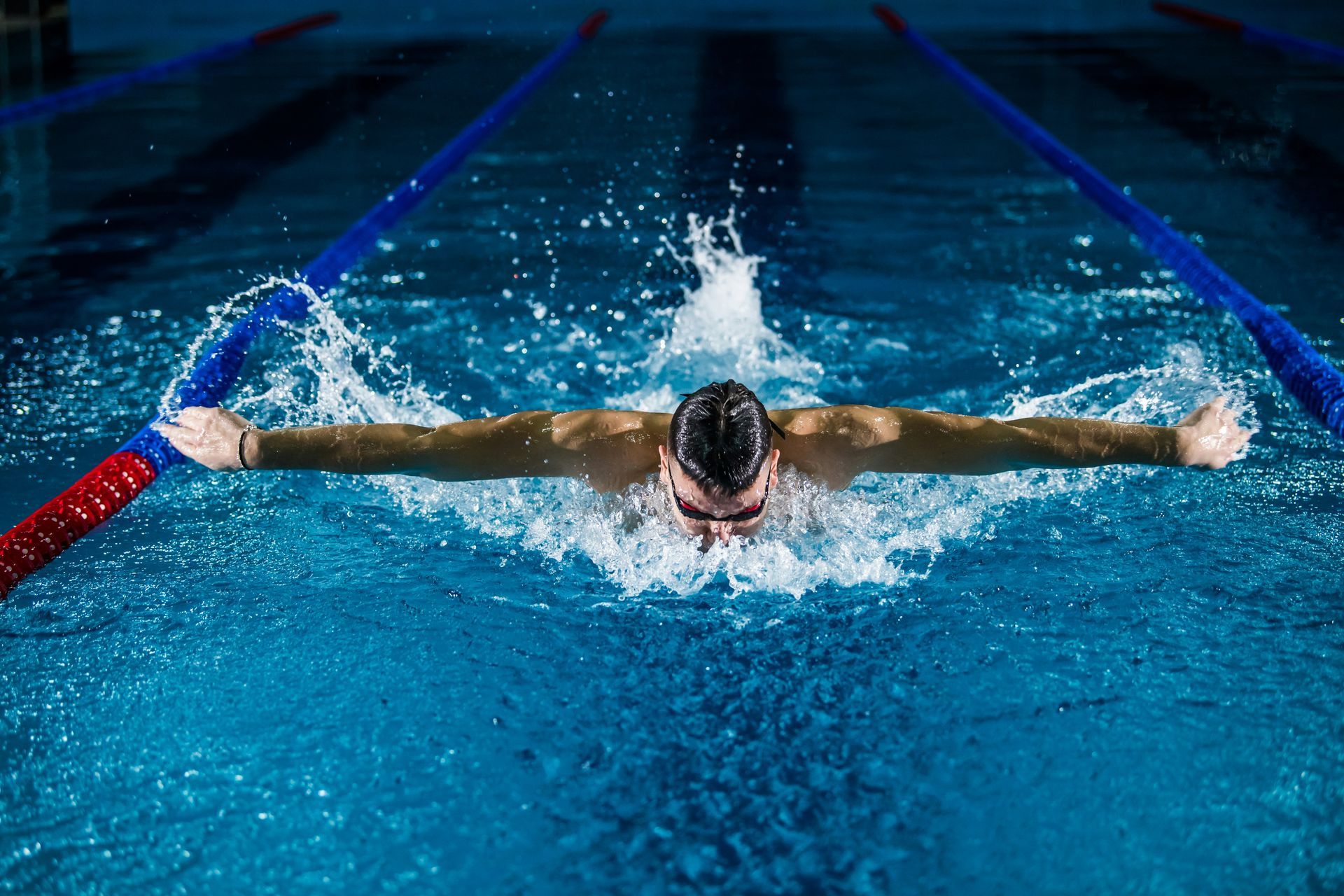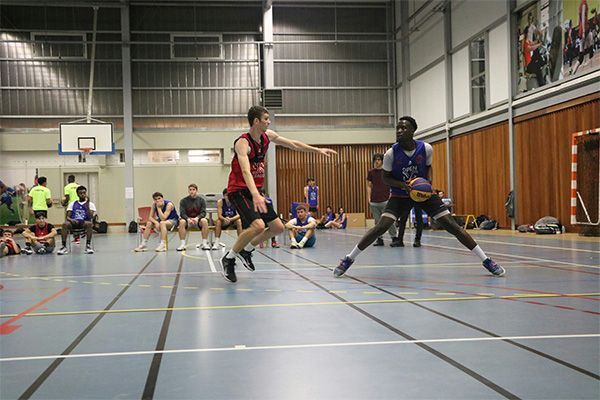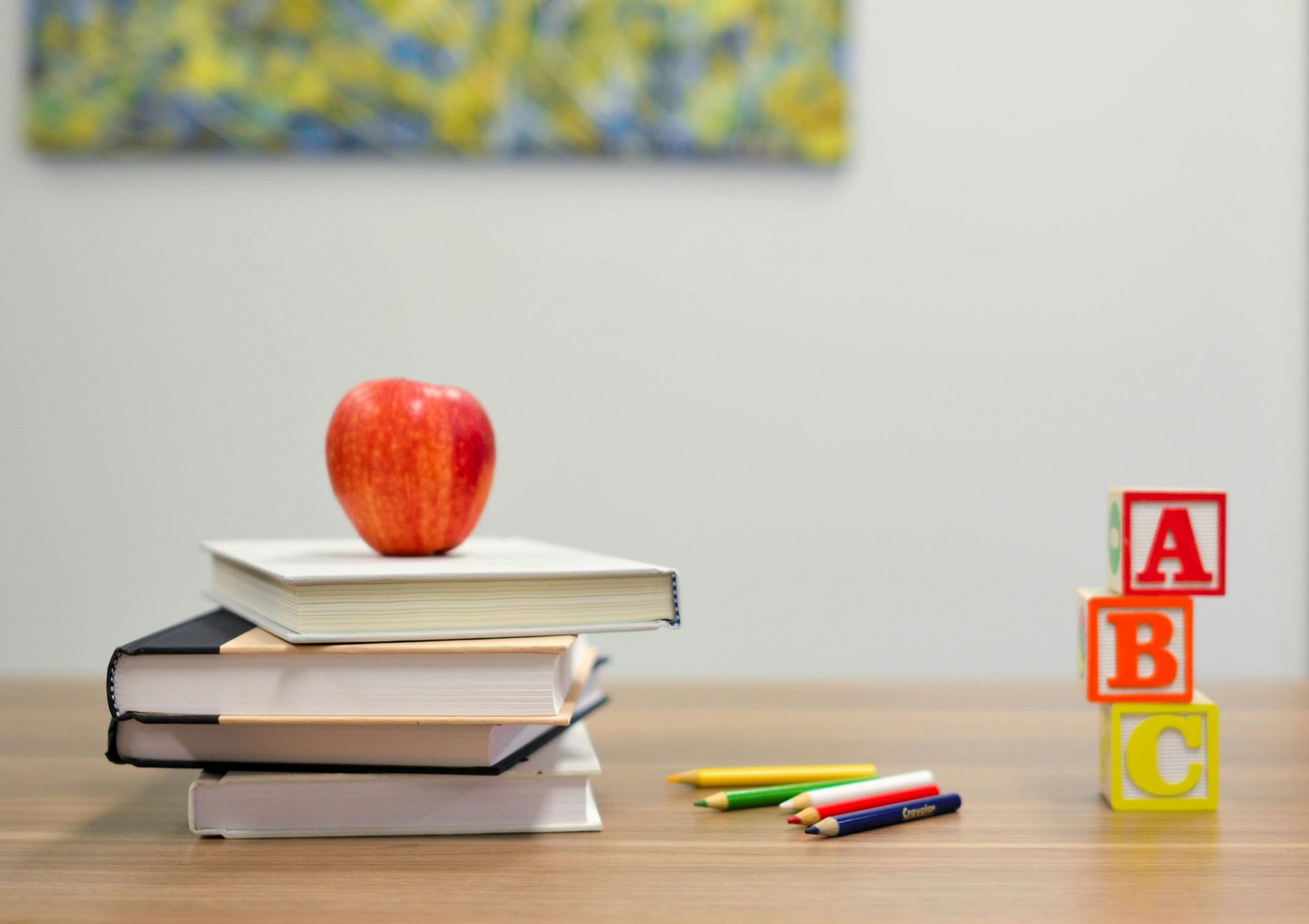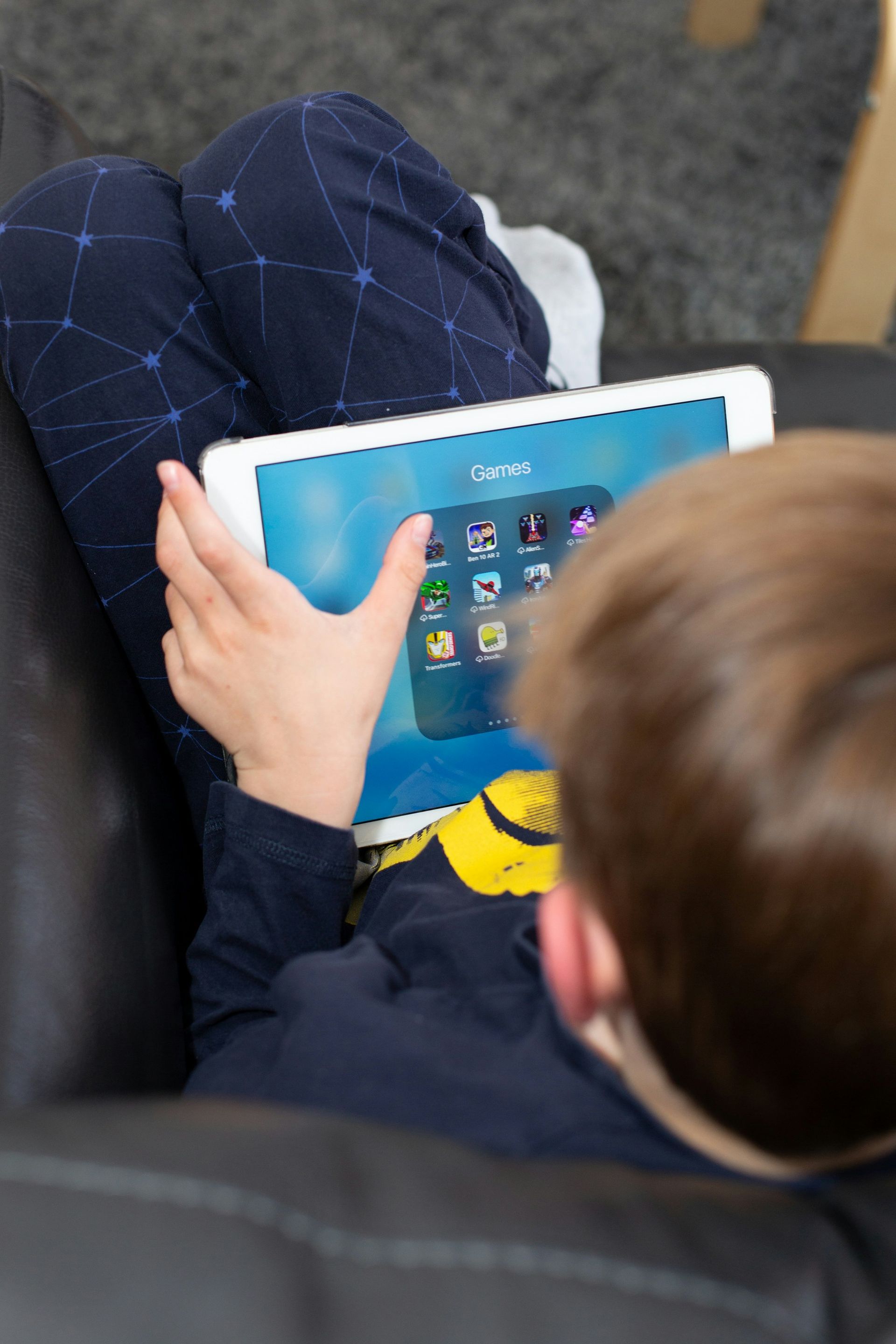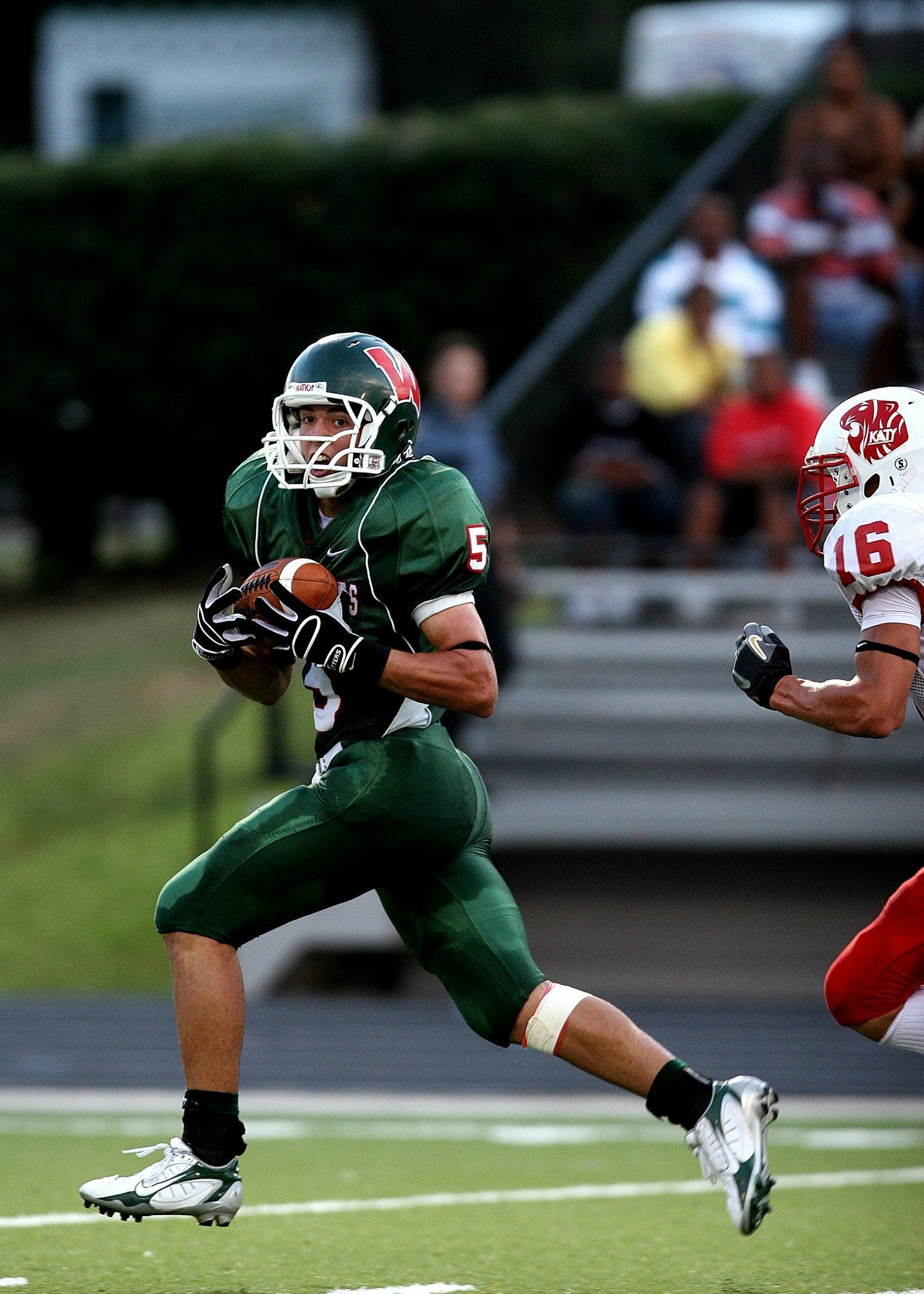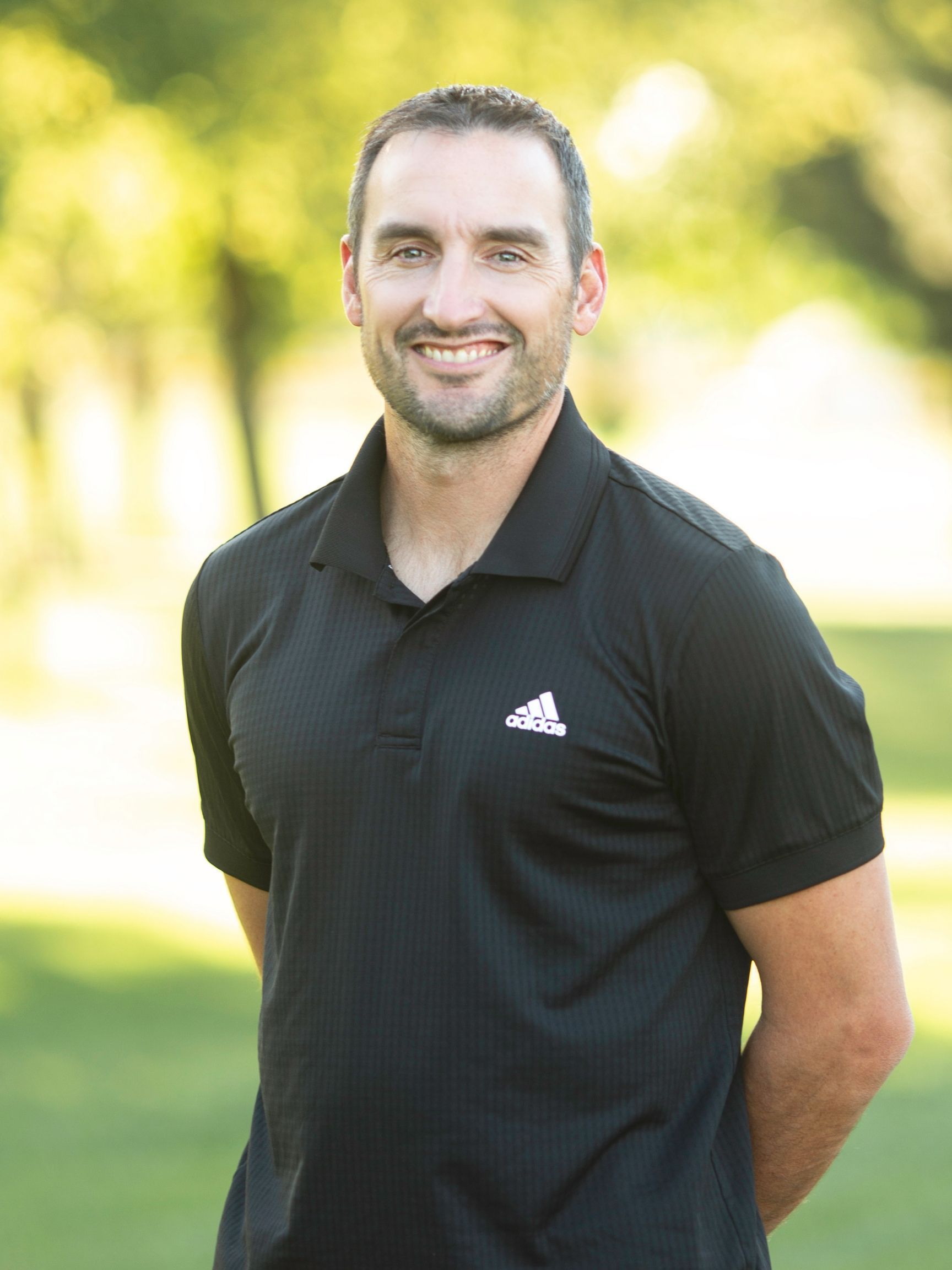By: Luke Olson, MGCP
As I watch the youth sports scene unfold, one thing that constantly sticks out to me is the number of young athletes that play the game with incredibly high expectations. We’re currently raising a generation that looks at mistakes as failures and occasionally defines themselves by how they perform in a game. From my experience as a high school coach, I can say that the most successful high school athletes are not the ones that make the fewest mistakes, but the ones that do the best job at dealing with their mistakes. High-performing athletes understand that mistakes are part of the game and they move on past mistakes quicker than their peers. With that being said, here are some things youth parents can do to start teaching their athlete’s the value in making mistakes at their age.
- Tell them about your mistakes! – and how you reacted (both good and bad). Stories are great ways to teach kids. Pay attention to the mistakes you make over the course of the day and tell your kids about them that night. Hearing you admit you made a mistake shows them that mistakes happen to everyone. More importantly, seeing you excited to learn from your mistakes shows them that mistakes are merely stepping stones on the road of improvement, not defining moments that label you as a failure. You don’t need to go into extreme detail about your mistakes, but hearing a parent admit a mistake, discuss their thoughts and reactions to it, and go through the thought process of how to handle it better next time gives your child a road map for handling their own mistakes.
- Help them to see that mistakes are learning opportunities – and one of the most important methods to improve. The best practice is done when an athlete is on the edge of their comfort zone, flirting between performing well, while also making occasional mistakes. Mistakes push their boundaries and allow them to see growth. We don’t want our athlete’s making numerous mistakes every minute of every practice, but they should be encouraged to practice and play in a manner that encourages aggressiveness and opens the door for making mistakes. An athlete that never makes mistakes in practice is not challenging themselves enough. An athlete that is making constant mistakes is too far outside their comfort zone. We want our athlete’s to see mistakes as normal parts of a workout and use them to foster improvement. Athletes at a young age need to see the value in mistakes, understanding that “messing up” presents a tremendous learning opportunity if handled the right way.
- Focus on their reactions to mistakes . Mistakes are unavoidable. Athletes get frustrated by mistakes because most are out of the athlete’s control. Instead of focusing on mistakes, teach yourself and your athlete to focus on their reactions to the mistake, which is something they have more control over. A poor reaction to the mistake is usually what causes the athlete to make another mistake. You can work on healthy reactions by using cue words with your athlete. Small sayings that help them focus on controllable factors such as body language, positive self-talk, or their breathing takes the attention away from the mistake and focuses it on the reaction.
Feedback after the game should focus more on the reaction. “I’m really proud of the way you competed after a couple plays didn’t go your way.” “I loved how you handed the ball to the official, even when you disagreed with the call.” Behavior that is justifiably praised will be repeated.
Luke Olson, MGCP
Performance Coach
The post Three Tips to Help your Children Handle Mistakes appeared first on Focus Therapy.

